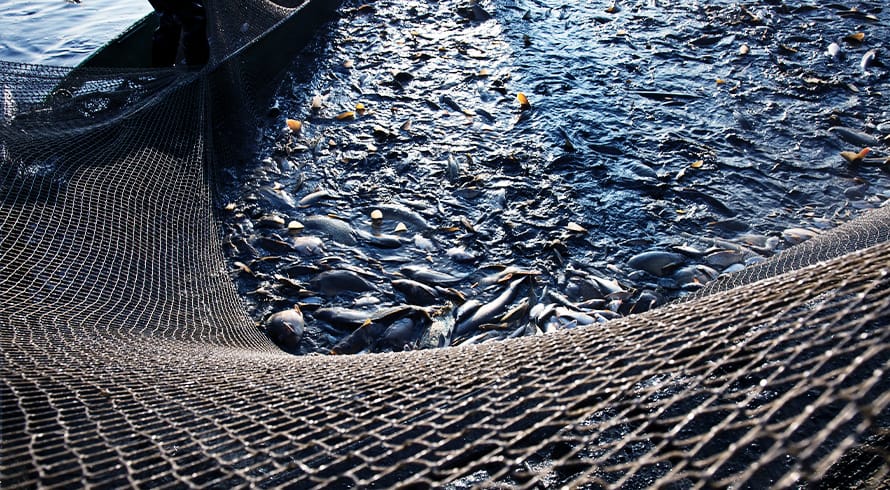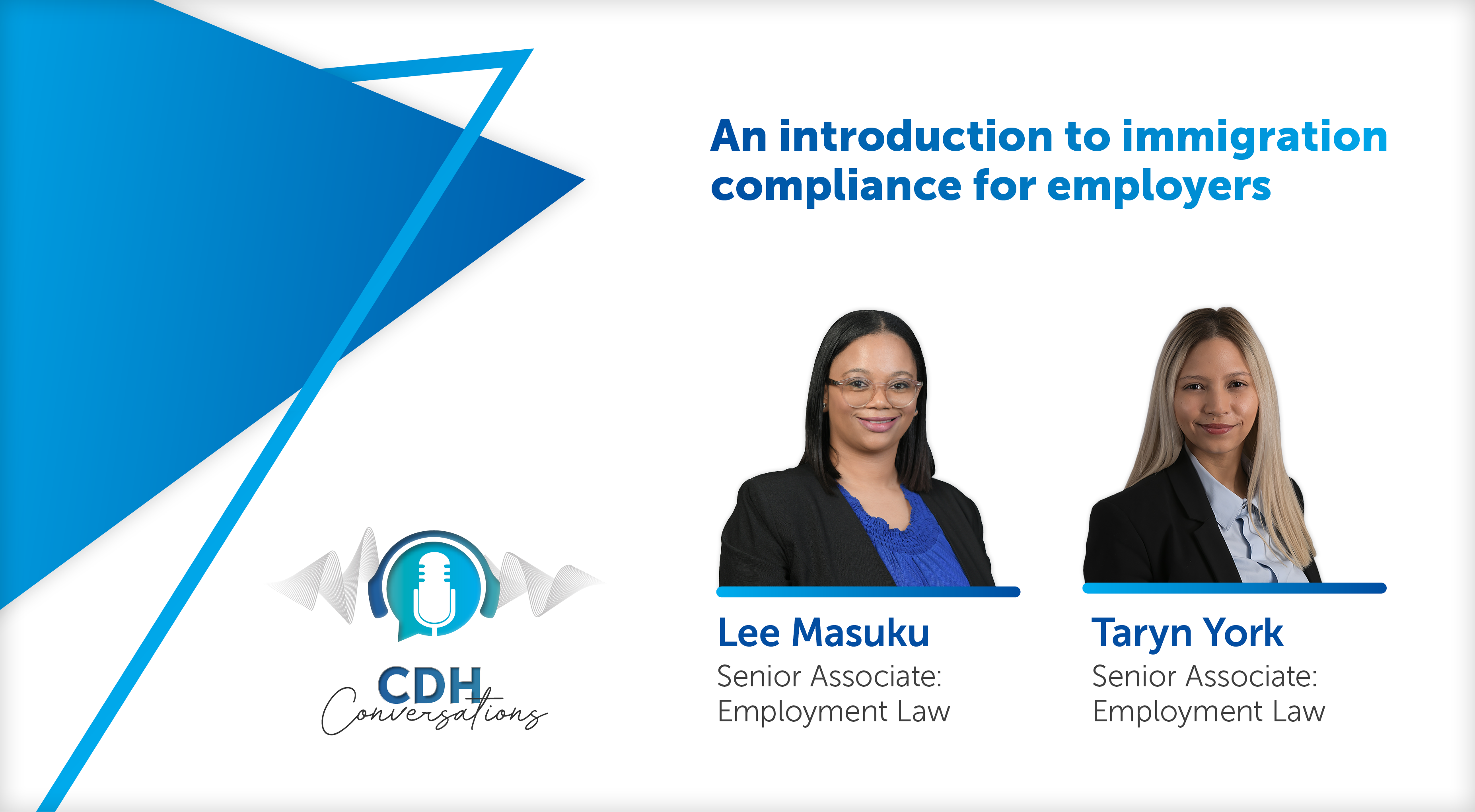“Dirty dozen” tactics – admissible or constituting duress?
The general rule is that a contract induced by the threat of criminal prosecution is unenforceable on the grounds of duress. To this end, the Supreme Court of Appeal (SCA) held in Medscheme Holdings (Pty) Limited & another v Bhamjee 2005 (5) SA 339 (SCA) that “an undertaking that is extracted by an unlawful or unconscionable threat of some considerable harm, is voidable”. This would also be the case if there was extortion or what is commonly known as blackmail involved.
Say that your company discovers that an employee is stealing from the company. A representative of the company is instructed to deal with the issue. Although pressed by the company representative, the arrogant employee does not want to admit to the crime, although the company is in possession of CCTV footage to prove that the employee indeed committed the crime.
How does one approach such matters?
On 30 November 2016, the SCA handed down a judgment in the matter of DL Hohne v Super Stone Mining (Pty) Ltd (case no 831/2016) where an employee (as appellant) stole diamonds, as confirmed via CCTV footage. The value of the diamonds was approximately R6 million.
The employee had handed over R530,000 to his employer, which was money received by the employee from the selling the stolen diamonds. The amount was only a small portion of the money received by the employee for the stolen diamonds. During a recorded interview with the employee, it appeared that the employee kept the stolen diamonds (those still in his possession) in a solvent canister in a safe. When questioned by representatives of his employer about the canister, the employee did not co-operate and the employer then introduced what the employer referred to as “the dirty dozen” part of the interview. The “dirty dozen” included, among other threats, reporting the matter to the Hawks, SARS, publishing details of the theft in The Star newspaper, polygraph testing, and reporting the theft to the Kimberley Club, the Diamond Board and ETv. Thereafter, the employee spilled the beans and signed an acknowledgement of debt in respect of the loss suffered by the company. At no stage during the confrontation was the employee threatened with physical violence or anything unlawful.
In the criminal proceedings regarding theft and money-laundering, the State sought to rely on a statement made by the employee to the police, as well as subsequent pointing-out of the diamonds and the cash received for selling the stolen diamonds. In light of the evidence regarding the confrontation which took place with the employee during which he admitted the theft, the court held that the employee’s statement had not been freely and voluntarily made in terms of the requirements of the Criminal Procedure Act, No 51 of 1977 (CPA) and was therefore inadmissible. Further, the evidence of the pointing-out of stolen diamonds and cash was also inadmissible as being “fruit of the poisoned tree” and the employee was ultimately acquitted.
Thereafter, the company instituted a civil action against the employee to recover the damages it had suffered as a result of the theft. After the employer succeeded in holding the employee civilly liable in the court a quo, the employee appealed to the SCA. The appeal turned on the admissibility of certain evidence: (i) a video recording of interviews conducted with the employee; (ii) an acknowledgement of debt signed by the employee in terms of which he admitted being liable to his employer in an amount of R5 million for the loss the company suffered as a result of the conduct of the employee; and in particular, (iii) a confession made to the police.
Considering the question of admissibility of evidence in criminal as opposed to civil matters, the SCA found that the admissibility of evidence in a criminal trial stood on a different footing from a civil dispute and was adjudicated according to different criteria. In a criminal matter, the might of the State is pitted against the individual. Section 35(5) of the Constitution requires that evidence “must be excluded” from a criminal trial if it would render the trial unfair or if it would otherwise be detrimental for justice. An adverse result for an accused person based on the consideration of inadmissible evidence, may result in loss of freedom for the accused. By contrast, s34 of the Constitution, which extends to civil matters as well, contains no equivalent guarantees and there is no provision regarding the exclusion of evidence.
Were the “dirty dozen” threats made by the employer’s representatives contra bonos mores?
In the Hohne matter, the SCA found that both the theft and the evidence of the quantum of the employer’s damages had been established in documents in which the employee had acknowledged his wrongful acts, his liability and the amount in question. The employer did not exact or extort evidence to which it was not otherwise entitled and no “unconscionable threat of some considerable harm” was levelled at the employee – although the employee claimed that the acknowledgement of debt was signed under duress, the employee chose not to give evidence to substantiate his claims. The evidence was therefore both admissible and enforceable against the employee as it had been obtained without there being any duress.
The SCA further stated that an exhortation to tell the truth will not exclude a confession and a threat of the probability of arrest does not constitute undue influence. The test was whether there was “any risk of a false confession”.
However, it should be borne in mind that in Ilanga Wholesalers v Ebrahim and others 1974 (2) SA 292 (D), the court held that it was impermissible to threaten someone to extort an undertaking from him to pay a specific amount which the creditor does not know and will not be able to prove is owing, as this would amount to an abuse of legal rights.
Conclusion
The same evidence which may be inadmissible in criminal cases will not necessarily be excluded in civil cases. Whether, following some criminal conduct, a threat to prosecute or take further action would be contra bonos mores, is ultimately a policy consideration. For instance, one cannot threaten to lay criminal charges against someone for an act irrelevant to the damages suffered and for which one attempts to secure payment, as this would constitute blackmail. The same would apply to embarrassing but not criminal acts that have no bearing on the claim in question. You can only exact or extort something to which you would in any event have been entitled.
It is important to note that an employer is not only entitled to confront an employee about alleged wrongdoing, but is obliged to do so, in order to give an employee an opportunity to respond thereto in accordance with the audi-principle.
It should further be remembered that an employer should not threaten to prosecute a debtor or employee so that the debtor undertakes to pay an amount which a company estimates to be due in an arbitrary way. Where the company does not know the exact amount stolen, the company is within its legal rights in threatening to prosecute, but to use the threat of prosecution to extort an undertaking to pay an amount which the company knows it cannot prove to be due, is an abuse of its legal rights.
If a company has evidence to prove the crime in question, then a threat for reporting the matter to SAPS is in order. However, if the company does not have evidence to prove the crime and there are only rumours and facts that point to the possibility of theft being committed by an employee, but there is no substantive proof, then caution should be exercised when such employee is interviewed. The company will act within its rights to inform the employee that it will refer the matter for investigation to the police or private forensics.
Lawful evidence obtained may be used in disciplinary hearings and in civil matters.
The information and material published on this website is provided for general purposes only and does not constitute legal advice. We make every effort to ensure that the content is updated regularly and to offer the most current and accurate information. Please consult one of our lawyers on any specific legal problem or matter. We accept no responsibility for any loss or damage, whether direct or consequential, which may arise from reliance on the information contained in these pages. Please refer to our full terms and conditions. Copyright © 2026 Cliffe Dekker Hofmeyr. All rights reserved. For permission to reproduce an article or publication, please contact us cliffedekkerhofmeyr@cdhlegal.com.
Subscribe
We support our clients’ strategic and operational needs by offering innovative, integrated and high quality thought leadership. To stay up to date on the latest legal developments that may potentially impact your business, subscribe to our alerts, seminar and webinar invitations.
Subscribe




